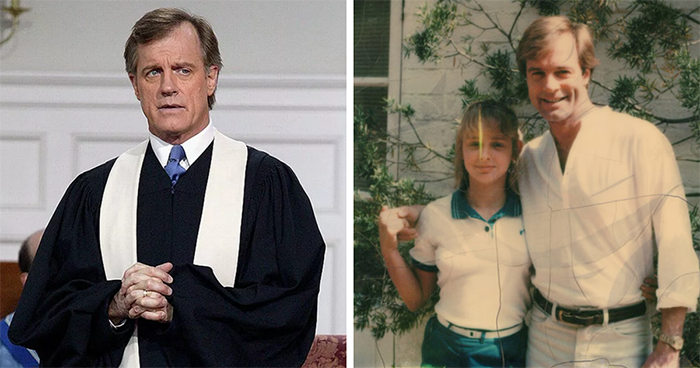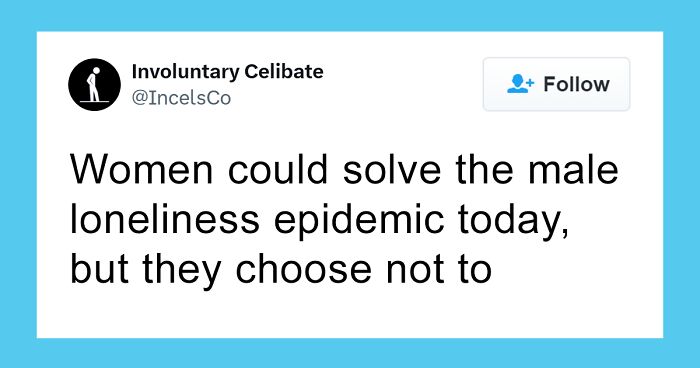Education is important for topics that some people don't understand and a lot of people don't know much about the community so I thought I'd make a post with information for people who don't know as much as they may want
This post may include affiliate links.
Two older genders that are outside the binary:
Māhū ('in the middle') in Native Hawaiian and Tahitian cultures are third gender people with traditional spiritual and social roles. Historically they used to refer only assigned male at birth (amab) people as this but in modern time it can be for any sex. Apparently they were teachers of hula dance and chant and were well respected. "māhū performed the roles of goddesses in hula dances that took place in temples which were off-limits to women" and parents would ask them to name their children. "The first published description of māhū occurs in Captain William Bligh's logbook of the Bounty, which stopped in Tahiti in *1789*"
In Zapotec cultures of Oaxaca (southern Mexico), a muxe (also spelled muxhe) is an amab person who dresses and behaves in ways otherwise associated with women and may have been seen as a 3rd gender. It is widely reported that muxe face less hostility there than homosexual, feminine men and trans women do in other places in Mexico. One study estimates that 6% of males in an Isthmus Zapotec community in the early 1970s were muxe. Other Zapotec communities, outside the Isthmus, have similar third gender roles, such as the "biza'ah" of Teotitlán del Valle.Muxe may do certain kinds of women's work such as embroidery or decorating home altars, but others do the male work of making jewelry. They may wear traditionally female clothes or male clothes and make-up. It has been suggested that while the three-gender system predates Spanish colonization(which happened 1519–21), the phenomenon of muxe dressing as women is pretty recent, beginning in the 1950s and gaining popularity until nearly all of the younger generation of muxe today dress more femininely. Most people traditionally view their gender as something God has given them (whether man, woman, or muxe), and few muxe desire genital surgery. They generally do not suffer from gender dysphoria. There is not as much pressure to "pass" as in Western societies.
Here in India we also had a third gender called hijra. I don’t know much about it so I’ll do some research and post it here
Khnumhotep and Niankhkhnum are believed to be the first same-sex couple in recorded history. This happened in 2400 BCE! Also, not sure why this post was downvoted but I upvoted it :)
Also feel free to ask questions in the comments!! Just be nice!
Also feel free to ask questions in the comments!! Just be nice!

 Dark Mode
Dark Mode 

 No fees, cancel anytime
No fees, cancel anytime 



















































